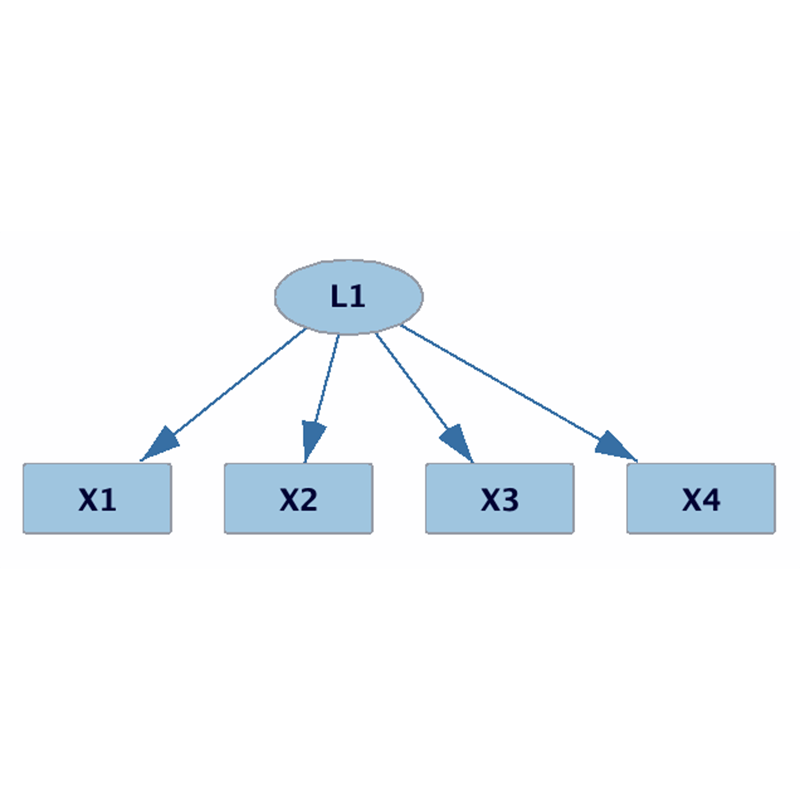About Tetrad
Causation has been a fundamental topic in science and philosophy at least since Aristotle.
Eminent 19th century mathematicians such as George Boole and Richard Dedekind were concerned with how to connect causality with probability and how to use that connection to discovery causal relations from observations--to discover Nature's "hidden springs", in David Hume's phrasing. With some exceptions, interest in these questions receded in the positivist era of the 20th century and for some time after. Eminent philosophers claimed that computerized discovery of causal relations–or a "logic of discovery"–is impossible. Through most of the 20th century, model search in statistics was either disdained or confined to factor analysis and regression methods.
All of this changed beginning with work in the 1990s in the Carnegie Mellon Philosophy Department and related efforts at UCLA. Procedures were found that can in some cases recover unknown causal relations among a million variables from comparatively small samples, and other procedures emerged for discovering unmeasured, unknown causes. The development of those ideas over more than three decades now involves hundreds of philosophers, statisticians and computer scientists around the world.
The enterprise was given a huge boost by a grant from the National Institutes of Health to the University of Pittsburgh and Carnegie Mellon University, enabling the creation of the Center for Causal Discovery. The University of Pittsburgh Department of Biomedical Informatics retains an active group led by Greg Cooper working on causal discovery. The Department of Philosophy at Carnegie Mellon retains an active group investigating methods of discovering causes from experimental and non-experimental data, including Kun Zhang, Peter Spirtes, Richard Scheines, Joseph Ramsey, Clark Glymour and their graduate students. They have also worked on applications, including robotic mineral identification for NASA and neural connectivity and genomics for the National Institutes of Health as well as financial data. Doctoral students who have completed work with the causality group at CMU have received appointments at the California Institute of Technology, John Hopkins University, the University of Washington, Washington University in St. Louis, the University of California at Los Angeles, Columbia, Microsoft Research, and other institutions. Some have gone into the financial sector. One of our graduates interested in sports was even recruited to do data analysis for a major league baseball team.

